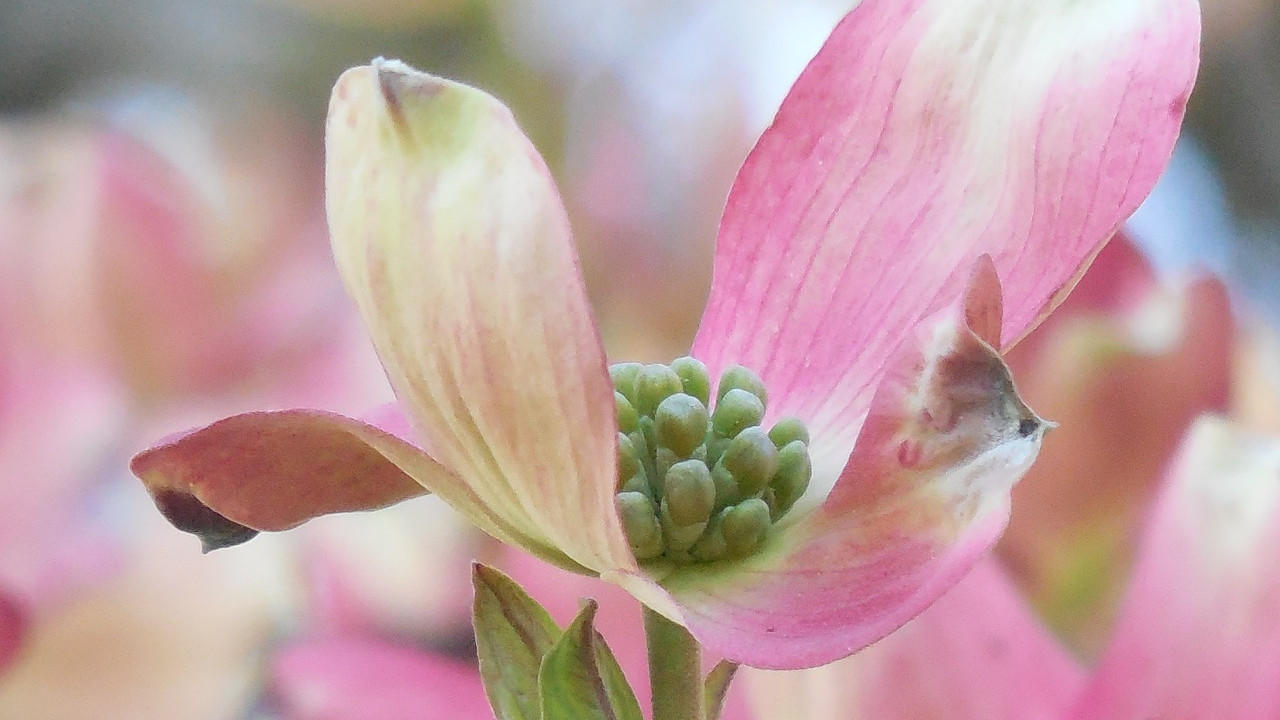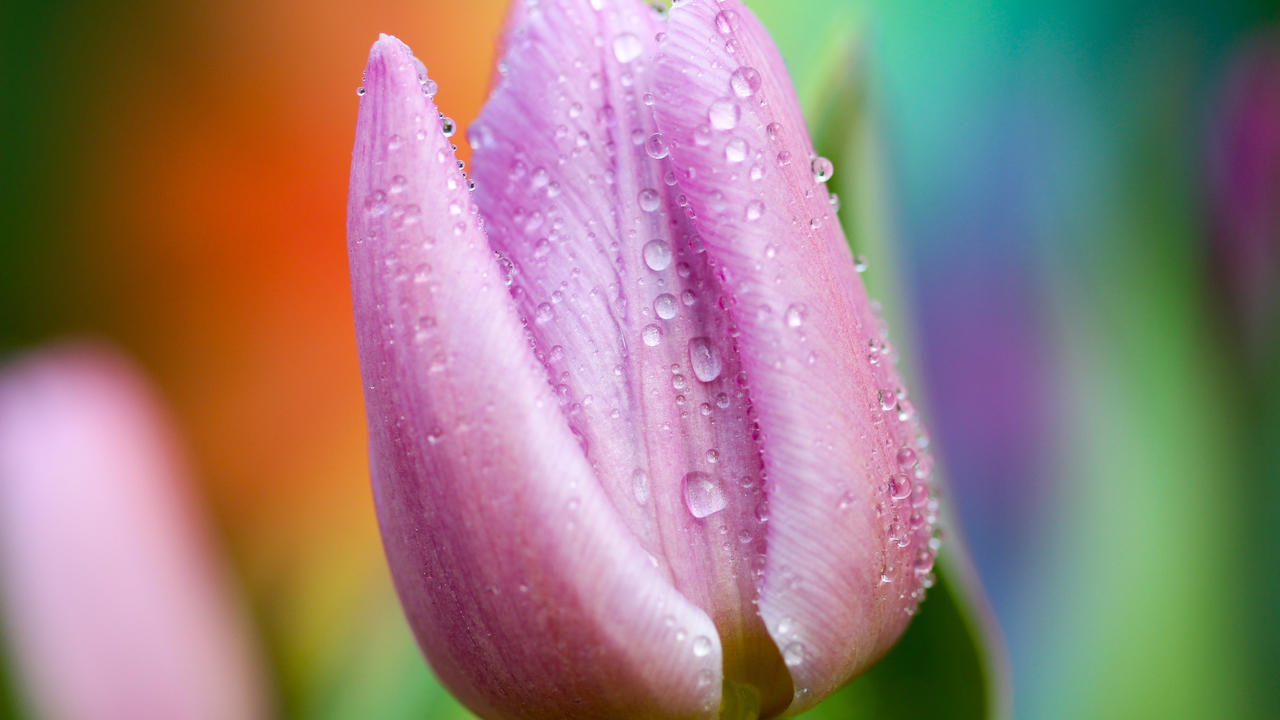Blog
Be critical (How to ruin a perfectly good relationship)

Complaining is great for relationships but criticism is very destructive.
What's the difference?
When you are complaining, you are focused on an issue which is bothering you and you are giving your spouse information on what bothers you, why it bothers you and how to make it better.
This is what a complaint sounds like:
"When you leave your socks on the floor after you change your clothes, it frustrates me since I like to have the floor free of clutter. Please put them in the laundry basket instead."
A complaint involves taking ownership of the way the issue makes you feel and it invites the other to support you through a clear request of change in behaviour.
Criticism on the other hand, involves attacking the other person's character or personality. It does not give information for change and causes defensiveness in the other person.
"You always leave your socks on the floor. How selfish can you be? You don't care that I spent so much time clearing up. Why can't you pick up after...
How to ruin a perfectly good relationship

Over the years in my practice as a marriage and family therapist, I have witnessed the many ways people hurt those that they love most and damage the relationships that matter most.
Of course, no one starts out wanting to destroy a perfectly good relationship. The damage to relationships often starts with small hurts that we feel. Instead of talking about the hurt and dealing with it, we may keep quiet thinking that it is not worth fighting over.
When not dealt with, these tiny resentments built up over time, create emotional distance and begin to show up in our behaviour in little ways. It is these little ways that we fail to be there for each other or hurt each other that add up over time and erode the love that is there.
Other ways that we ruin relationships is by not being aware of actions and behaviours that create discord and destroy love.
This month we will focus on how NOT to ruin a perfectly good relationship by exploring all the ways that we CAN ruin a relationship.
We...
Continue reaching out to loved ones

Maintaining Family Relationships
The month of Ramadan finds many of us trying to reach out to family, by an invitation for iftar or sending food and gifts. As the nights of Qadr approach, we are reminded about making amends with those members of our family whom we have issues with.
Through prayer and supplication, our hearts become soft, through closeness to Him, we begin to recognize the big picture and may be more amenable to forgive and overlook the small grievances that we may have been holding.
While reflecting on the Quran, we are reminded to pardon people, to manage our anger, to repel evil with good and to maintain relationships with our blood relations. We begin to recognize, once again, that He is happy with us if are human connections are in order. We are reminded that the path to Him begins with loving His creation.
Baby steps:
Regularly reach out to long forgotten family members through a phone call, email or text.
Consider inviting family to share meals with you, even...
Continue calling on Him through Dua

Dua
One of the most special things about Ramadan are the moments of connection to Him through Dua or supplication. The process of turning to Him and asking from Him enriches us beyond measure and gives us spiritual strength.
Whereas sharia applies to our outward actions and its job is to regulate human action in order to create the basis of social justice, Dua is the training the heart to love the Creator, to experience His love and to understand that the more you love Him, and have a personal relationship with Him, the more you understand that the laws of sharia are to help you reach your full potential.
The Duas that we have been reciting during this month all emphasize the personal quality of Allah's relationship with us and His all-encompassing love. Dua is therefore a vital practice to cultivate spirituality and nurture our connection to Him.
Baby steps:
Look through a compilation of Dua such as the Sahifa Sajjadiya or the Duas of Imam Ali (as). Pick one that calls to you....
Continue the practice of giving

Giving generously
Many of us plan our yearly giving, Sadaqa, Khums and Zakat, during the month of Ramadan. We actively seek out those that are needy and reach out to them with giving in cash and in kind. We experience the deep sense of gratitude, humility and sense of satisfaction that comes from reaching out and helping fellow human beings. It reminds us of the human connection that we share, of our responsibility to the whole and of the necessity of enabling the flow of wealth rather than the hoarding of it.
Throughout the Quran, the acting of giving Zakat (literally means to purify wealth through giving) comes hand in hand with establishing prayer. Allah swt constantly reminds us that our relationship to Him through prayer is complemented by our relationship to humanity through giving.
Baby steps:
Be aware of need all around you. When the urge to giving strikes, do not second guess it or talk yourself out of it. Take action to meet the need in whatever way you can.
Remind...
Continue reflecting on the message

Reading the Quran
This is the second habit that we developed during the month of Ramadan – a daily practice of recitation and reflection on the message.
To succeed in any area of life, the first step is knowledge about the rules that govern that area. We do not expect to excel at academics or in the workplace without reading the texts that govern the particular field. Similarly, we cannot expect to succeed in this world, get to know the system of cause and effect, to know ourselves or figure out how to achieve ultimate success in the hereafter without looking at the manual gifted to us by the Creator of the system.
Although we may have spent much time in recitation during the month of Ramadan, an ongoing relationship with the Quran necessitates understanding, contemplation and action. Only with understanding and reflection can we use the wisdom in of the Book to improve our life here and beyond.
Baby steps:
Read and reflect on one ayat of the Quran every day. Once again, it is...
Maintaining our newly formed good habits

As we celebrate Eid and get back to our normal routines, let us reflect on the spiritual gains that we have made this month and reflect on some tiny steps that we can take to maintain the spirit of Ramadan alive so that the spiritual gains that we have achieved are not lost. So that we may start next Ramadan inshallah at a slightly higher plane of spirituality than we did this year.
This week inshallah we will talk about some of the actions that we took during this month and habits that we formed which helped us nurture our spiritual bond to Him. We will explore some small and simple ways that we can continue these practices in order to keep the spirit of Ramadan alive for ourselves.
1. Establishing Salaat
Ramadan is a time when we most conscious of Salaat and its' timings, especially the fajr and maghrib prayer.
Regular and timely prayer is the most basic and vital way to maintain our connection to Him. Salaat is designed by the Almighty to be an intentional and consistent...
Be on the winning team

In Sura Saff (61:14), it says: O you who believe, be the helpers of Allah
The fact is that Allah's Will will be done and His plan will come to fruition. Allah does not require our help. An invitation to be part of His plan and to be a helper is a privilege that He grants to those who wish to be part of the synchronistic forces of the universe that are fulfilling His plan.
To be a helper of Allah means to be worthy of working on behalf of Allah in this world.
This verse is an invitation for all believers to join this group – to become part of a winning team and to further His cause. The cause of Allah is the cause of social justice on this earth: to resist ignorance and injustice and to be a force for good.
Thankfully there are so many ways to do this and we can participate according to the talent and the time that is granted to us.
We can help His cause within our own circle of influence with friends, family and social contacts. We can use our tongue, our pens, our computers,...
Settle your disputes

In Sura Anfal (8:1) the Quran says: So be God-conscious and settle your disputes.
This verse which was revealed after the battle of Badr when Muslims had differences between themselves regarding the splitting of war booty, refers to a key principle of a harmonious social life.
In any relationship, personal, work related or social, it is normal to have differences and conflict. Such differences exist in the healthiest of relationships. What sets good relationships apart from the unhealthy ones, is not the presence of difference or conflcit, but how it is handled. Differences create issues in relationships when they turn into disputes, that is when narrow-minded self interest and ego turns differences into oppurutnities for a win-lose battle.
This verse reminds us that there will be differences and conflict in our relationships and that we need to move beyond them. The verse also relates God consciousness to settling of disputes, reminding us that when we are in conflict,...
Walk with humility

In Sura Isra (17:37) Allah says: Do not strut arrogantly about the earth, you cannot break it open, nor match the mountains in height.
We live in a culture which encourages self aggrandization and promotes "struting our stuff". This ayat reminds us that such arrogance in thinking and self congratulatory behaviour is not compatible with leading a spiritual life.
Scholars explain that insolence, or arrogance, or undue elation at our powers or capacities, is the first step to many evils. Pride as the old saying is, goes before a fall. Pride and arrogance keeps our focus on ourselves and prevent us from seeing the big picture and from connecting to others in service. It also gives us a very skewed perspective of our own importance and leads us to devalue others.
In order to keep our balance and perspective, we need to remind ourselves that all our gifts and talents are His Grace and they carry a responsibility of serving a bigger purpose.
The verse also reminds us that what goes on in...
